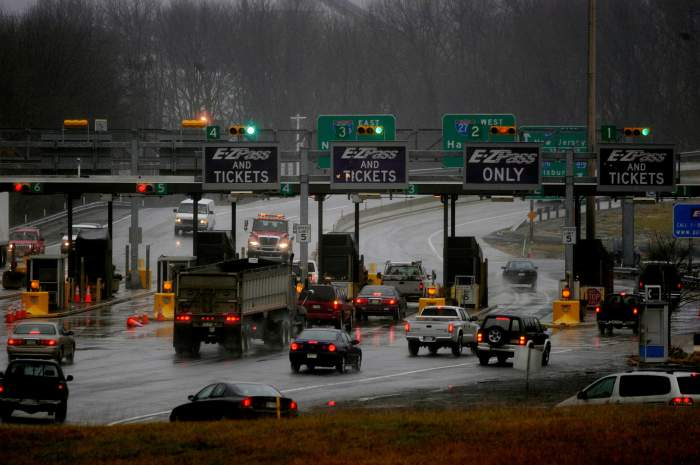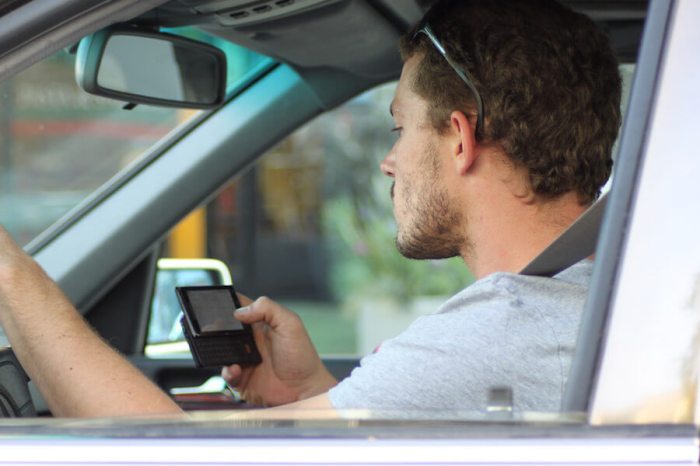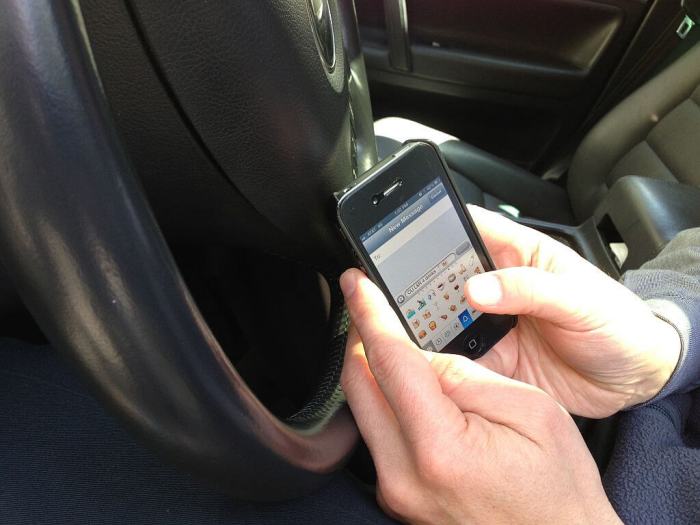New Yorkers have a fairly well-known bad rap for being angry and aggressive, but what happens when you put a New Yorker behind the wheel? More of the same, according to a new study.
Drivers in our fair city are the worst in the United States when it comes to road rage, German auto parts retailer kfzteile24 found when compiling its “Best and Worst Cities to Drive” list.
The company looked at factors such as congestion levels, fuel and parking costs, road quality, public transportation options and road rage and also polled 1,000 drivers in 100 cities across the globe about driver aggression and road violence.
New Yorkers are more road rage-y than drivers in Miami, Los Angeles, Chicago and Boston — but at least we came in ninth across the globe. The overall top spot for road rage is St. Petersburg, Russia, with Bogota, Colombia, at No. 2.
So how can New Yorkers be as chill behind the wheel as Seattle, the least aggressive driving city in the U.S. according to kfztiel24’s data? Metro looked to Rachel McDavid, a city-based marriage and family therapist specializing in anger management and individual, couples and family therapy, for answers.
Metro: Does it surprise you that New York has the most road rage-y drivers?
Rachel McDavid: It doesn’t surprise me, but I guess it does surprise me on one level because we’re such a pedestrian city.
Do you come across road rage with your clients?
Yes, and I think what makes (road rage) unique is that we’re inside our own little world inside our vehicle, so there’s two things. One is that you can kill and be killed, so that heightens people’s anxiety and danger, so the stakes are higher. Also, we live in our own little bubble inside our vehicle, so we don’t see the other people, so it’s easier to minimize.
Why is it so aggravating when a driver cuts us off?
When someone cuts you off, you notice that immediately comes the adrenaline because it’s frightening. People feel enraged and scared at the same time because an accident could have happened.
How can you keep a road rage episode from escalating?
You need to watch your body and what’s happening in your body. Are you feeling tense? When I work with people in anger management, I have them focus on what goes on in their body right before they lash out.
What sort of reactions should we watch out for?
People have a variety of responses like sweaty palms, tight chest, jaw, shoulders, a complete rush, heart starts palpitating really fast … When you start to pay more attention to that, you can then start implementing deep, slow belly breaths with a deep inhale and a slower exhale. That’s going to slow down the nervous system. If our body’s agitated, our mind is constantly going to try to make sense of it.
Can passengers do anything to diffuse the situation?
That’s a more difficult thing. Sometimes I recommend people sit in the backseat. They won’t, but there are people who have a lot of anxiety in not driving, that are anxious in cars. People in the car letting the driver know what they don’t like is not helpful. It creates more stress for the driver — and more anger and impatience.
What is the biggest misconception you find people have about anger management?
I think the biggest thing is that there’s nothing wrong with anger — really. It’s an emotion we have that lets us know needs are not being met. It’s like joy lets us know we’re excited and needs are being met. But if it’s to the anger management level, it means that it has gotten away from you. You’re not responding, you’re reacting.


















